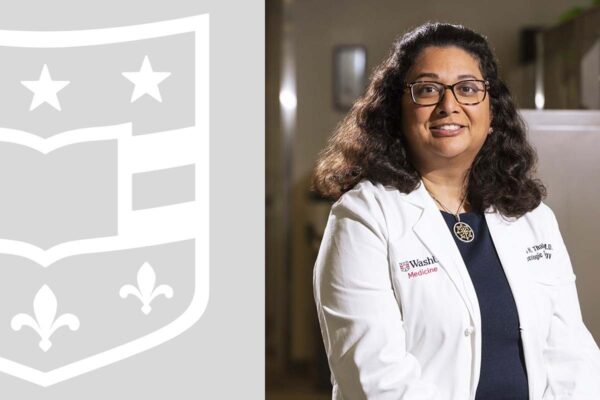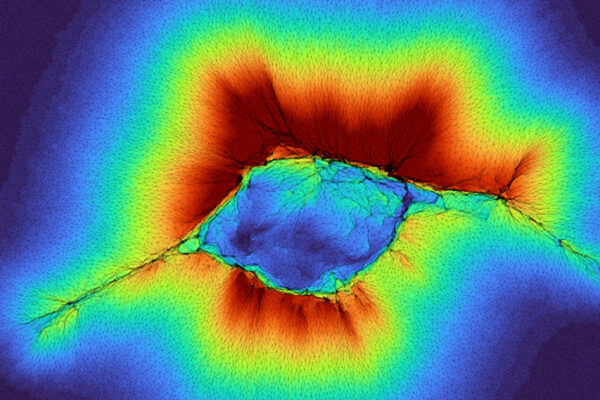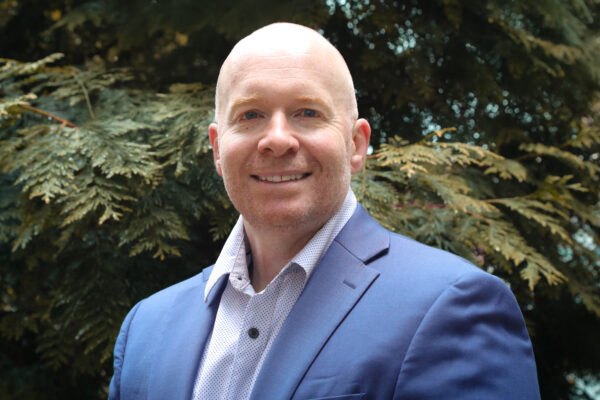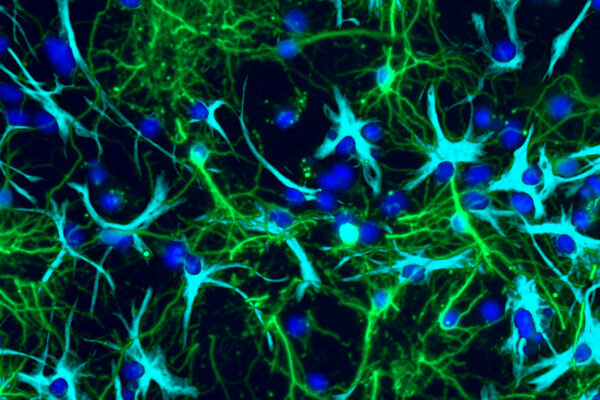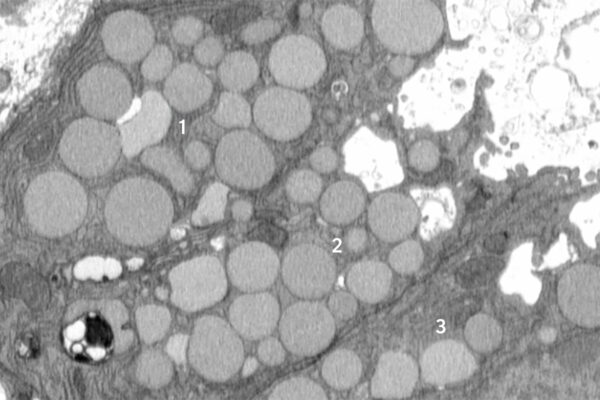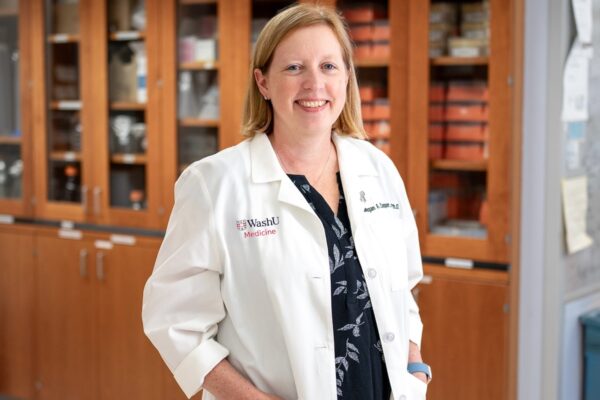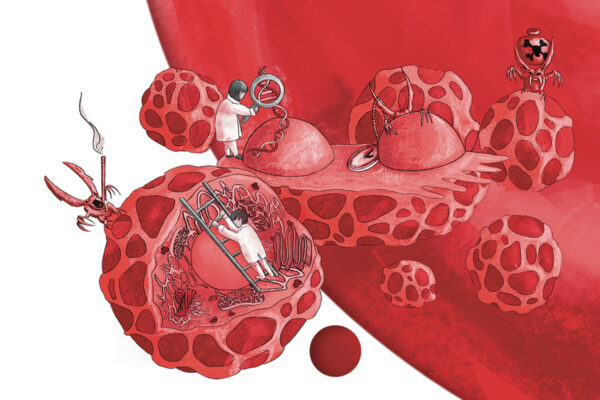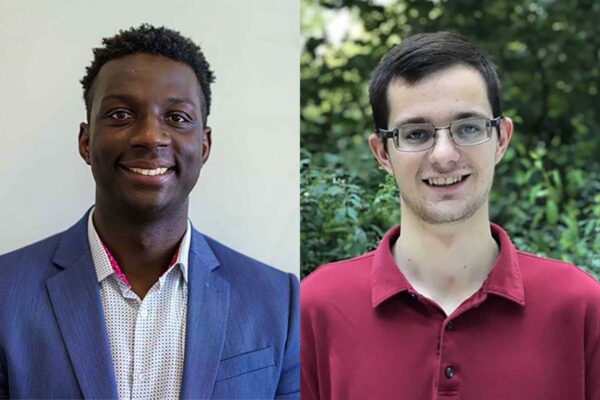It’s never too late for those with cancer to quit smoking
Quitting smoking significantly increases survival time in cancer patients, particularly those with advanced-stage cancer, according to a study of an innovative smoking cessation program at WashU Medicine and Siteman Cancer Center.
Thaker to lead Division of Gynecologic Oncology
Premal H. Thaker, MD, an accomplished clinician who has been recognized for her landmark research on ovarian cancer progression, has been named director of the Division of Gynecologic Oncology in the Department of Obstetrics & Gynecology at WashU Medicine.
Working together, cells extend their senses
Researchers at Washington University in St. Louis have found new rules for how groups of cells can sense beyond their surrounding environment, which can help in tracking how cancer moves and how wounds heal.
Surprising new roles discovered for known cancer gene
Scientists at WashU Medicine have identified unexpected functions of a key gene known for blood cell formation. When mutated, the gene, DNMT3A, may contribute in previously unknown ways to blood cancers.
Stitziel named scholar-innovator
Nathan O. Stitziel, MD, PhD, a professor of medicine and of genetics at WashU Medicine, has received the Harrington Discovery Institute 2025 Scholar-Innovator Award to support the development of breakthrough treatments for heart disease.
Study sheds light on how pediatric brain tumors grow
Researchers at WashU Medicine have discovered that blocking a chemical signal in the brain could slow the growth of pediatric brain tumors, potentially providing new treatment options.
Cells ‘vomit’ waste to promote healing, mouse study reveals
A new study from WashU Medicine identifies a previously unknown way that cells purge waste to promote healing after an injury.
Research explores genetics underlying immune system disorders
WashU Medicine researchers have received a $12.4 million grant from the National Institutes of Health (NIH) to study novel genetic causes of immune disorders.
Genetic study suggests ways to catch blood cancer earlier
In a new study, WashU Medicine researchers shed light on how newly acquired mutations in blood stem cells interact with mutations passed down by parents to influence a person’s lifetime risk of developing blood cancer. The findings could inform early detection and prevention strategies.
Saintilnord, Reynolds named exceptional early-career research fellows
WashU Medicine postdoctoral researchers Wesley Saintilnord and Matthew Reynolds have been named Jane Coffin Childs Fellows. The fellowship is designed to support the most promising postdoctoral scientists as they seek to advance research into the causes and treatments of human disease.
Older Stories

